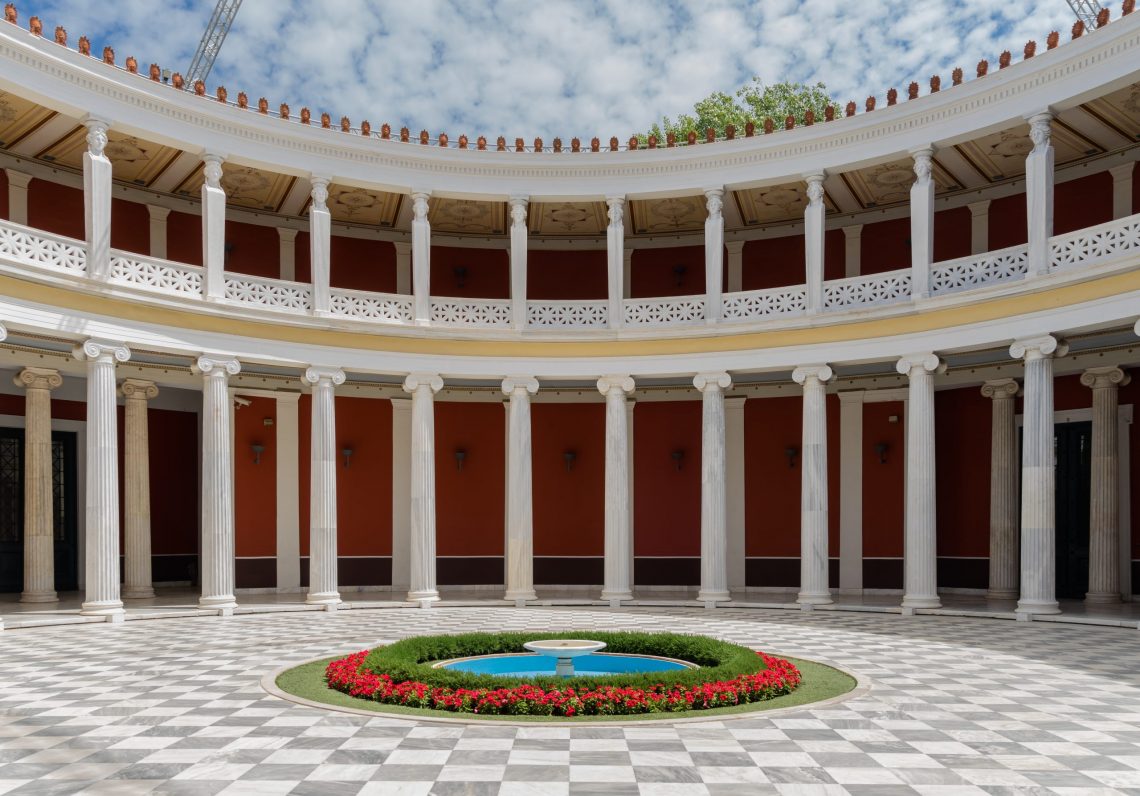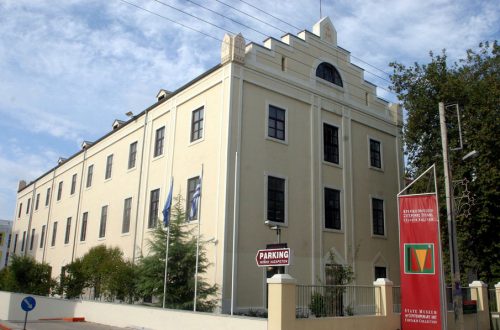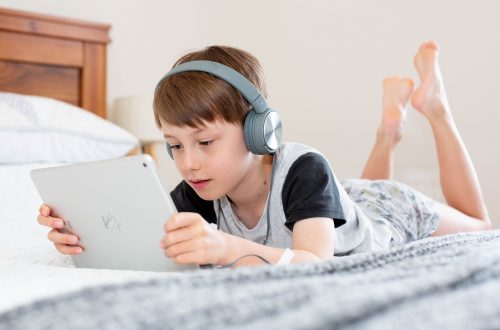
School Life and Education Museum – How to adapt to the COVID-19 reality (Athens, Greece)
With the outbreak of the pandemic, Museums and Cultural Organizations were amongst those who suffered the most severe consequences. The School Life and Education Museum reorganized its operation and redesigned its educational programs and activities so that they could be utilized and implemented online or in open spaces.
Background
The School Life and Education Museum operates under the auspices of the Greek Ministry of Education and is a member of the Network of Museums and Cultural Institutions of Athens.
The collections of the Museum include objects from school life (one of the biggest collections of schoolbooks, costumes, archives, photographs) and tokens of intangible cultural heritage (audio documents, testimonies, interviews on school life and education).
The aim of the Museum is the rescue and research of school material as well as the design and implementation of educational programs for schools, cultural organizations, companies, institutions.
The Museum’s main activities are:
- Educational programs for schools (During the 2018-2019 school year about 12,000 students from 280 schools attended the programs).
- Workshops for teachers and educators implemented in collaboration with School Counselors, Directorates of Education, Heads of Cultural Programs. These training programs were attended by about 4000 teachers.
- Conferences and Seminars either independently or in collaboration with other organizations (Universities, Foundations, War Museums, Regions and Directorates of Education, Education).
- Design of educational programs, seminars, festivals for other cultural organizations, schools, municipalities, institutions, companies, Museums.
Description
With the outbreak of the pandemic, the Museum reorganized its operation and redesigned its educational programs and activities so that they could be utilized and implemented online or in open spaces. Museums in Greece closed in March 2020 and by April they had already designed online digital activities and workshops. The Museum continued most of its activities. For example:
- Online Easter Camp for children
- Participated in International Museum Day by designing a mystery game and organizing a Student Competition.
- Conducted 3 Online International Education Conferences with about 700 speakers each.
- Online training workshops and seminars for students and teachers.
- Educational programs for school groups
- They also held a Crowdsourcing Campaign, supporting its employees and continuing to provide its services.
Impact
The museum showed quick reflexes and adaption methods to the new reality that was established. In our interview with the museum management and staff, they noted that they were surprised by the public’s response. They were able to reach new audiences that for different reasons they couldn’t visit the Museum (distance, fewer opportunities, etc.) as well as they attracted a more engaged audience. They also were trained in using new digital methods to engage their audience and develop new ideas, exhibitions, and activities with the new tools they acquired.
Interpretation
The overall outlook from this case, was that a quick response and the fast adaptation in new techniques in times of crisis is of most importance, particularly in the cultural word, giving the audience ways to escape from the stressful reality. The participation and the support of the audience to those initiative also showed new appreciation in Museums, cultural organizations, and the role they play in the everyday life of societies particularly in times of crisis.
References
- School Life and Education Museum, Athens
- The internet tours in Athens continue – How did Kostis Palamas spend his day? Which house hides a great love?. Iefimerida.gr (in Greek).
- International Museum Day 2021 “The Future of Museums: Recover and Reimagine”
- “Easter Online Camp from the Museum of School Life and Education”, CultureNow.gr (in Greek)
Author



